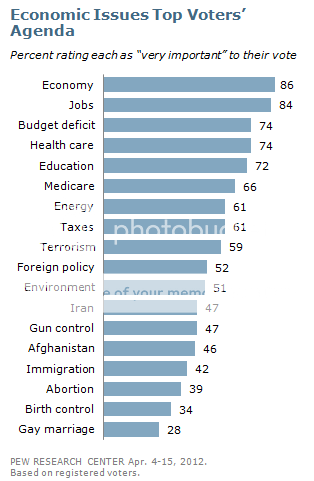skookerasbil
Platinum Member
And Trakar.........you are so damn naive which is amazing for a guy pushing your age...............
So.....wealth redistribution is a strawman argument, not supported by reality???
The UN disagrees dummy...................
What the hell do you think THIS means on the cover to their guide to nations for "mainstreaming" climate change............
A guide to assist UN Country Teams in integrating climate change risks and opportunities
http://www.undp.org/content/dam/undp/library/Environment%20and%20Energy/Climate%20Change/Capacity%20Development/UNDP-Guide-Mainstreaming-Climate-Change.pdf
Ummmm.............."opportunities"
What we have here folks are fools who live in a perpetual world of fantasy. They'd buy a bag of dog doo for $1,000 a pop if it was packaged just right!!!


So.....wealth redistribution is a strawman argument, not supported by reality???
The UN disagrees dummy...................
What the hell do you think THIS means on the cover to their guide to nations for "mainstreaming" climate change............
A guide to assist UN Country Teams in integrating climate change risks and opportunities
http://www.undp.org/content/dam/undp/library/Environment%20and%20Energy/Climate%20Change/Capacity%20Development/UNDP-Guide-Mainstreaming-Climate-Change.pdf
Ummmm.............."opportunities"

What we have here folks are fools who live in a perpetual world of fantasy. They'd buy a bag of dog doo for $1,000 a pop if it was packaged just right!!!

Last edited:

